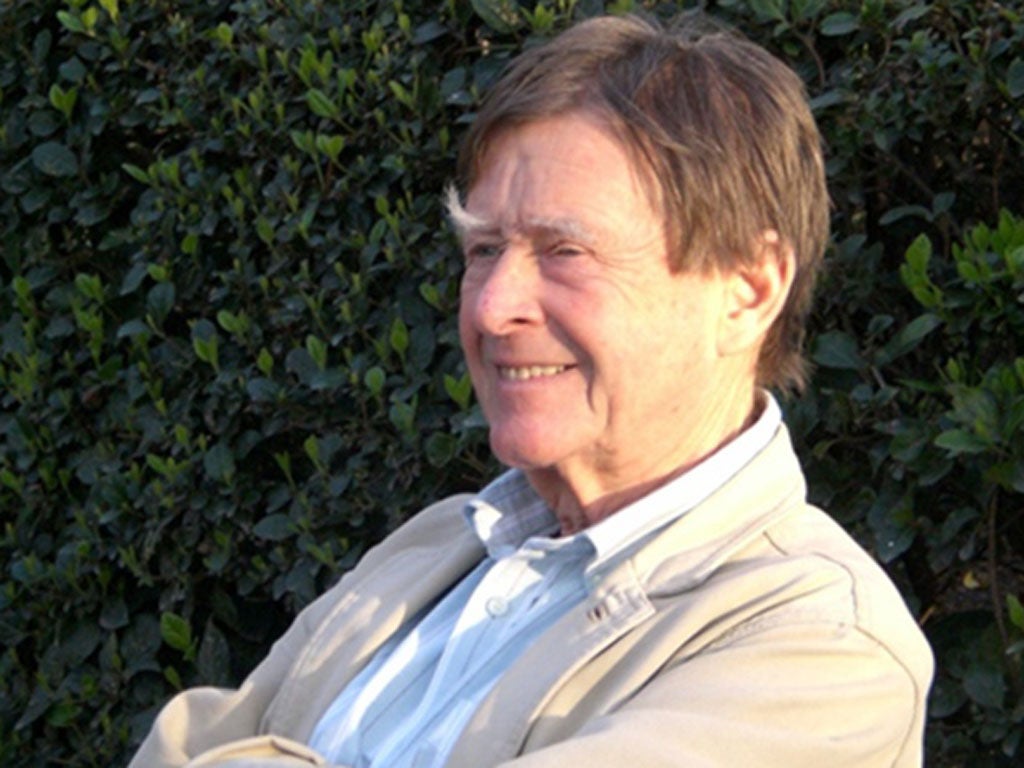Sir Nicholas Monck: Treasury official who worked with Denis Healey

A stereotype persists of the typical Treasury official – a gimlet-eyed guardian of the public purse, single minded in a relentless pursuit of candle ends to be saved. No one could have been less like that image than Sir Nicholas Monck, who has died at the age of 78. It is difficult to imagine a more rounded human being, with his extensive range of interests, causes and connections and an extraordinarily wide circle of friendships.
It was perhaps not surprising that at times he became restless at the constraints of the early stages of a conventional civil service career. This lay behind his decision to take himself and his young family off to Tanzania in the 1960s to work for the Ministry of Agriculture on economic development. In doing so he was one of a group of young idealists who put promising careers on hold to help advise newly independent African countries.
On return, his career path, once zigzag, settled on track with a succession of immensely demanding posts as he rose through the ranks in the Treasury. But even in the hectic years of the 1970s, when he served as Denis Healey's Principal Private Secretary at the time of the International Monetary Fund's descent upon Britain, he still kept space for his private life.
Into that space he crammed walking, sailing, riding, watching birds and Gloucestershire badgers with friends and family and, less predictably, football. He played a ferociously competitive game well into his fifties until forced by injury to retire – typically also finding time to help run a game for children of family and friends.
He also enjoyed a full social life. When he entered a room he could light it up with his charm, his wit, and the sheer entertainment value of his conversation. He enjoyed giving topics a quizzical twist but didn't grab attention or hog the floor and was equally at home with serious exchanges one to one, sharing his enthusiasms with all ages. He had the priceless gift of making those he talked to – friends, colleagues and family, including his children and grandchildren – feel (almost) as witty and clever as he was.
Among his wide range of interests were music (he was a singer as well as a listener) but above all literature. He was what Edwardians called "a reading man" and a lifelong enthusiast for poetry, seeking out and sharing new discoveries, writing poems as well as reading them. His range also took in the classics, and here the Treasury stereotype might have had some validity, except that his engagement with classical literature was not a passing product of his very traditional education (Eton and King's College, Cambridge) but a lifelong preoccupation and joy. His ability to quote extensively from the Greek and Latin canon was not showing off, simply a sign of his deep knowledge of and pleasure in those works.
His responsibilities at the Treasury had taken in work on nationalised industries, monetary policy and financial institutions and public expenditure, ending as Second Permanent Secretary (an appointment perhaps intended to foreshadow a widely anticipated Labour government that never was) and then a last sideways move to become Permanent Secretary at the Department of Employment. His official career ended with retirement at 60 – a ridiculously early age for someone who still had so much to offer.
He found formal opportunities to engage his energies, serving variously on the boards of the National Trust, the British Dyslexia Association and Glyndebourne Opera as well as being a non-executive director of Standard Life and the local University College London Hospital Trust. For some years he undertook widespread consultancy work abroad on the management of public finances. But his life was cut short before he could embark on one more responsibility – he had been asked by the Treasury Select Committee to chair an independent review of the HBOS episode.
Although Monck had been heard to say that in his ideal alternative life he would have been a country vicar, he had no religious belief. As a career civil servant he leaves behind him not only the record of someone who did the state considerable service, but also, for his family and friends, indelible memories of a life well lived.
Nicholas Jeremy Monck, senior civil servant: born 9 March 1935; Permanent Secretary, Employment Department Group 1993–95; CB 1988, KCB 1994; married 1960 Elizabeth Kirwan (three sons); died London 14 August 2013.
Join our commenting forum
Join thought-provoking conversations, follow other Independent readers and see their replies
Comments
Bookmark popover
Removed from bookmarks